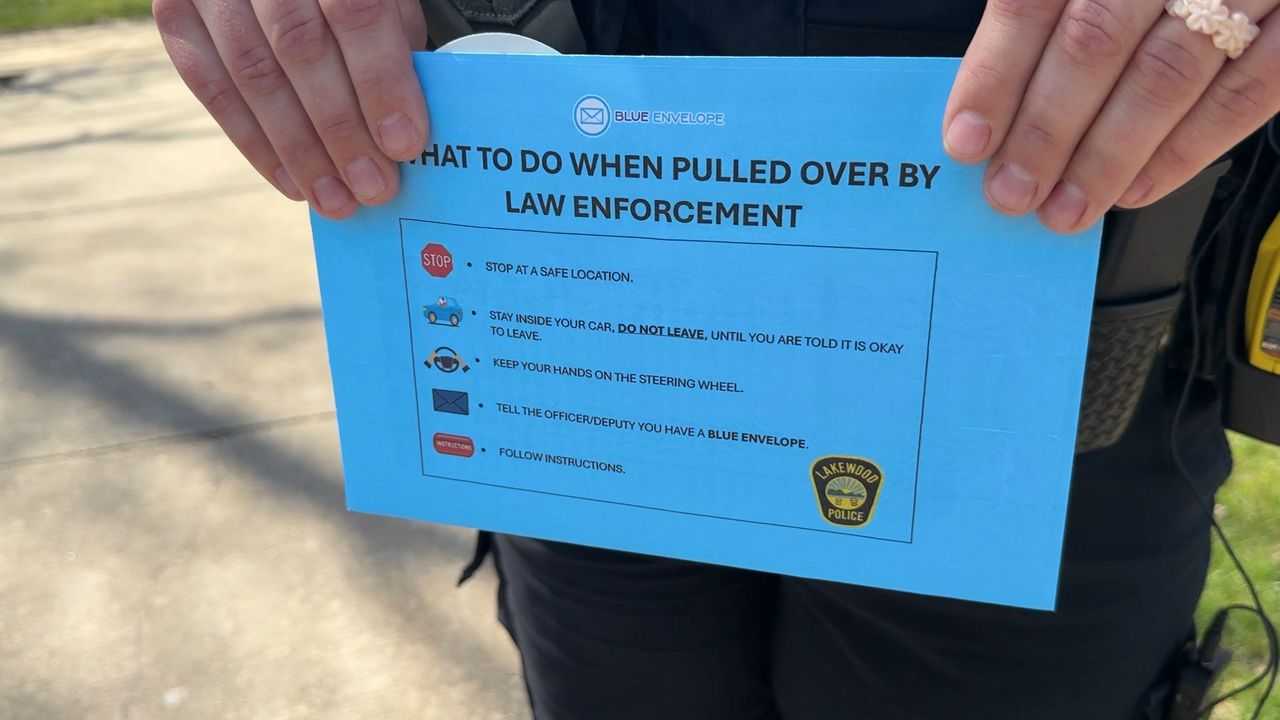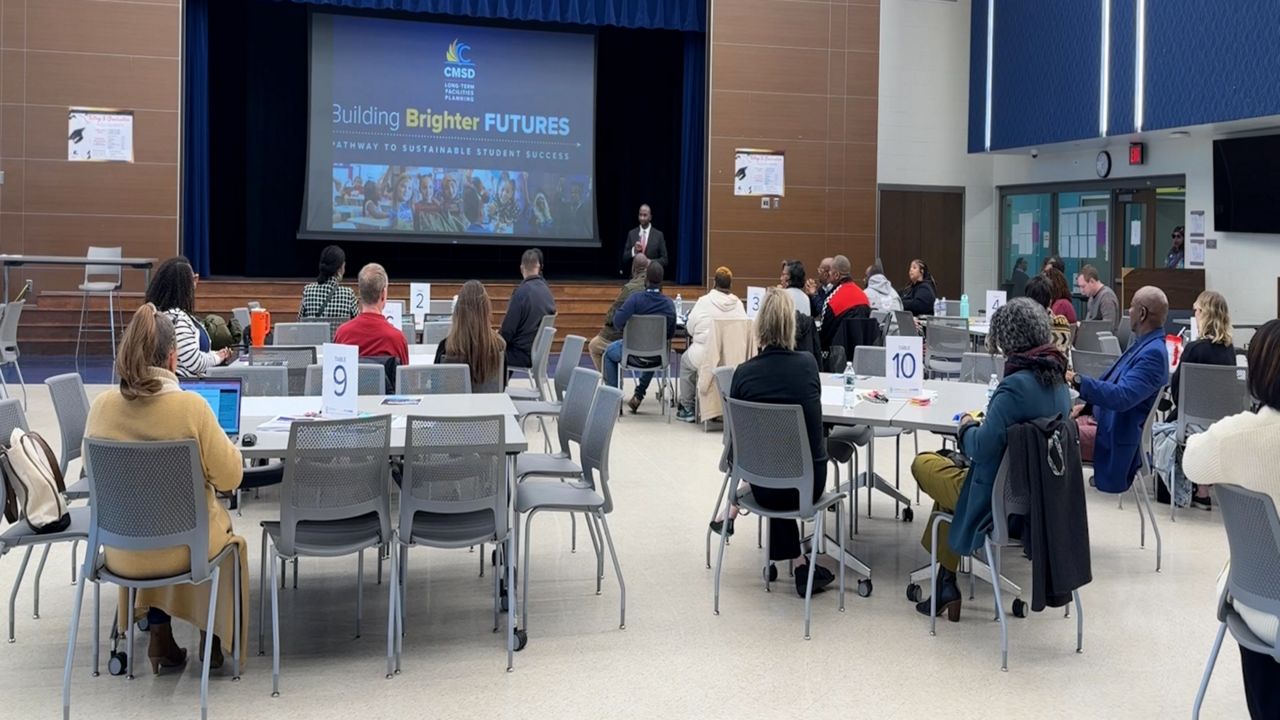LAKEWOOD, Ohio — More Ohioans are going solar. The nonprofit, Solar United Neighbors, estimates 365 homes and businesses across the state have made the switch to solar power.
What You Need To Know
- Solar United Neighbors estimates 365 homes and businesses across Ohio have switched to solar power
- Solar panels cost $15,000 to install
- David Feicht said his last electric bill was $4 in April and has had a negative balance ever since
- The solar energy that isn’t used to power the home is often sold back to the local electrical company
Solar United Neighbors creates solar co-ops to create a community of home and business owners.
“It’s a way to save money and go solar in a group. It’s that security of knowing that you've got the right information and other people going through the process with you. It's pretty cool,” said S.U.N Ohio program director Tristan Rader.
The cooperative helps to install solar panels that convert sunlight into energy. The energy that isn’t used to power the home is often sold back to the local electrical company.
“In the summer months, we're producing a lot more and using less from the grid,” said Dave Feicht, who has had solar power at his Lakewood home since December, 2020. “We’re over-producing enough where we're actually making money, so we have not had an electric bill since April of this year. Our last bill was $4 in April and we've had a negative balance ever since.”
But going solar is an investment up front. The panels cost $15,000 to install. Feicht did receive a 26% tax credit and said it was well worth it to further their more sustainable way of life.
“It was the right thing to do for the environment,” Feicht said. “We're big on recycling we drive a hybrid car. We haven't gotten fully electric yet. We compost. It's just, we thought it was the right thing to do.”
Rader is hopeful the co-op inspires other Ohioans to make the switch to solar.
“I would love to see the state of Ohio be energy independent, and I would love to see us break our ties with fossil fuels completely, right? That's the long term goal,” he said. “Going to take a few decades still to get there, but we know right now, what we can do in the meantime is make sure that everyone has the best information possible to make the best decisions for their lives. And if it's possible, they should go solar, right, because they're going to be able to save themselves money and they're going to be able to reduce their carbon footprint.”










